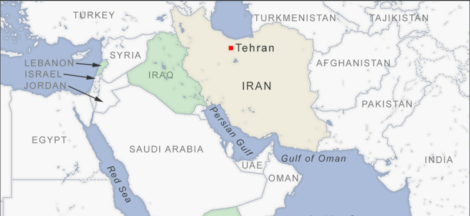The central government has reaffirmed its commitment to enforcing the three-language policy outlined in the National Education Policy 2020, despite strong resistance from the Tamil Nadu government. This stance has intensified the ongoing dispute between the Union and the state over language education policies.
Union Education Minister Dharmendra Pradhan emphasized that the NEP upholds linguistic freedom, allowing students to learn in their preferred languages. He stated, “The NEP upholds the principle of linguistic freedom and ensures the students continue to learn in the language of their choice.” This assertion comes in response to Tamil Nadu’s steadfast adherence to its two-language system, which includes Tamil and English, and its refusal to implement the NEP’s three-language formula.
The NEP 2020 recommends a flexible three-language formula, promoting multilingual education while permitting states to select their languages within this framework. However, Tamil Nadu’s government argues that this policy undermines its long-standing two-language system and poses a threat to the state’s linguistic identity. The state’s opposition is rooted in historical resistance to the imposition of Hindi, dating back to the anti-Hindi agitations of the 20th century.
In a recent development, Minister Pradhan urged Tamil Nadu to adopt the three-language formula to ensure educational equality. Following this, Chief Minister M.K. Stalin accused the central government of using the NEP to covertly promote Hindi, stating that the policy serves as a vehicle for Hindi imposition rather than genuine educational reform. The Tamil Nadu government has also expressed concerns that the central government is withholding funds to pressure the state into adopting the NEP, particularly the three-language policy.
The state’s education policy, established during the tenure of former Chief Minister K. Karunanidhi between 2006 and 2011, mandates the learning of Tamil as a subject in all schools from classes I to X. This policy aims to preserve and promote the Tamil language and culture, reflecting the state’s commitment to its linguistic heritage.
Experts have weighed in on the debate, suggesting that the three-language policy could place an additional burden on marginalized communities. They argue that introducing a third language may exacerbate educational inequalities, as students from disadvantaged backgrounds might struggle to cope with the increased linguistic load. This perspective highlights the need for a nuanced approach to language education that considers the diverse socio-economic contexts of students.
The central government, however, maintains that the NEP’s language policy is a broad guideline, leaving the implementation details to the discretion of states, institutions, and schools. This clarification aims to address concerns about the imposition of specific languages, emphasizing flexibility and respect for regional linguistic preferences.
Despite these assurances, the Tamil Nadu government remains resolute in its opposition, citing the NEP’s perceived threat to its linguistic identity and educational autonomy. The state’s refusal to participate in central schemes like the Prime Minister’s Schools for Rising India further underscores the deepening rift between the Union and the state over language policy and educational reforms.



 USAID Allocates $750 Million for Seven Indian Projects in FY2023-24
USAID Allocates $750 Million for Seven Indian Projects in FY2023-24 